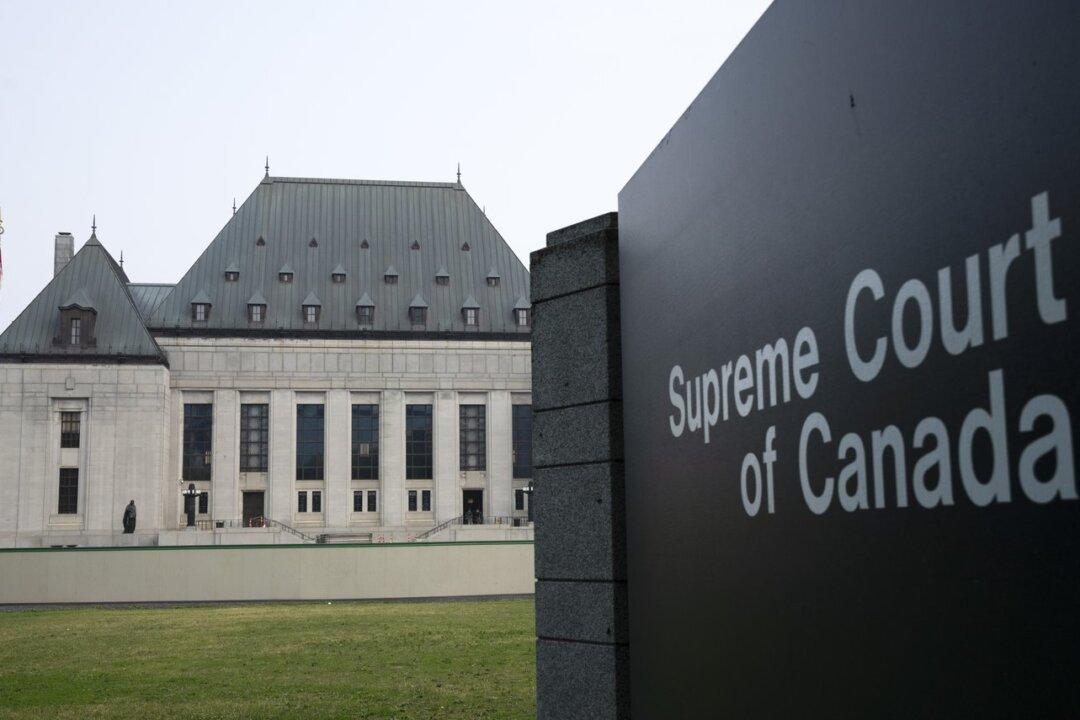The Supreme Court of Canada is set to hear an appeal of a ruling that struck down third-party election advertising rules in Ontario that limited spending.
The law in question added more onerous restrictions to the amounts that third parties, such as unions and special interest groups, are allowed to spend in the lead up to an election, and the Court of Appeal for Ontario found it unconstitutional.





